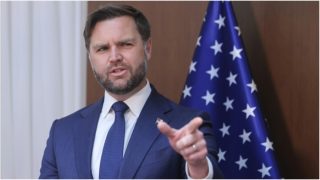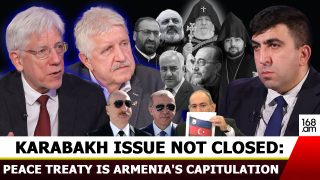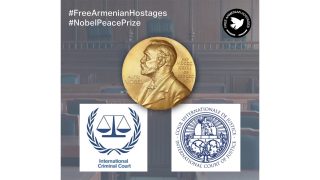
Armenia: the target of Washington’s “war party”. Why are the RA authorities weakening Armenia, turning it into a land bridge between Turkey and Azerbaijan?
Dr. Arthur Khachikian, Stanford University PhD in Political Science, on geopolitical developments, the games of superpowers, geopolitical elites in the South Caucasus, the ambitions of the U.S., Europe, Israel and the collective West in general with regard to Armenia, and the ambitions of Nikol Pashinyan, the social and political functionaries supporting the RA authorities, Turkey, Azerbaijan, the history of Russia’s policy in the region – all these issues were discussed by Dr. Pietro Shakarian, Postdoctoral Fellow, Department of History, National Research University-Higher School of Economics, St. Petersburg, former lecturer at the American Armenian University, and James W. Carden, a senior advisor to the American Committee on US-Russia Accord (ACURA), senior editor and political columnist at the American Conservative, former State Department employee.
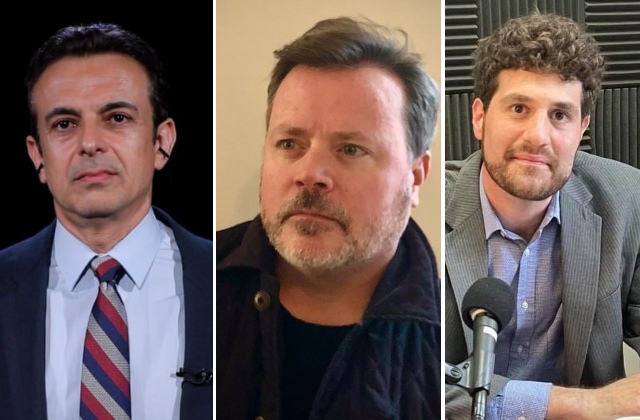
Pietro Shakarian is a historian of Russia and the Soviet Union and a postdoctoral fellow at the Centre for Historical Research at the National Research University–Higher School of Economics in St. Petersburg, Russia. He earned his PhD in History at The Ohio State University, his MA in Russian, East European, and Eurasian Studies at the University of Michigan in Ann Arbor, his MLIS at Kent State University, and BA in History at John Carroll University in Cleveland.
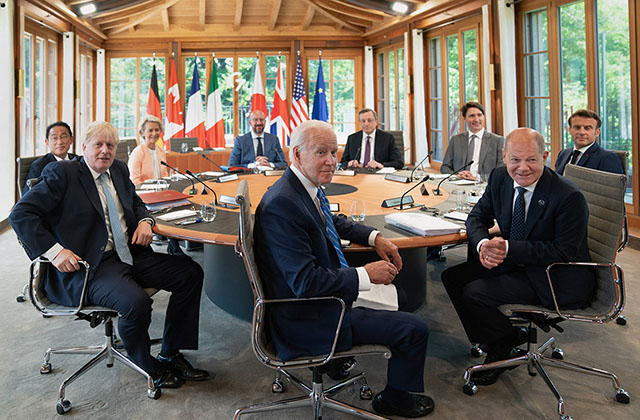
James W. Carden is a member of the board and senior adviser to ACURA. Carden previously served as an advisor to the US-Russia Bilateral Presidential Commission and to the Special Representative for Intergovernmental Affairs at the US State Department. A contributing editor at The American Conservative, his articles have appeared in publications on the left, right, and center including The Quincy Institute’s Responsible Statecraft, The Nation, The Spectator, The Guardian, The Los Angeles Times, Quartz, Brave New Europe, Asia Times among many others. He is a member of the board of the Simone Weil Center for Political Philosophy, a 501(c)3 dedicated to furthering international dialogue in a ‘post-liberal’ world.
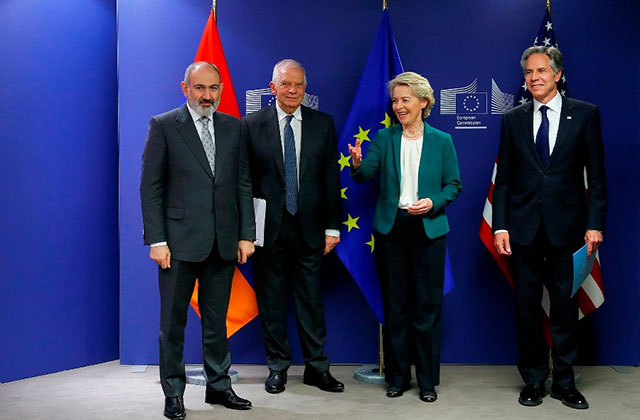
He is a graduate of Johns Hopkins (SAIS) and did post-graduate work at the Moscow State Institute of International Relations (MGIMO).







